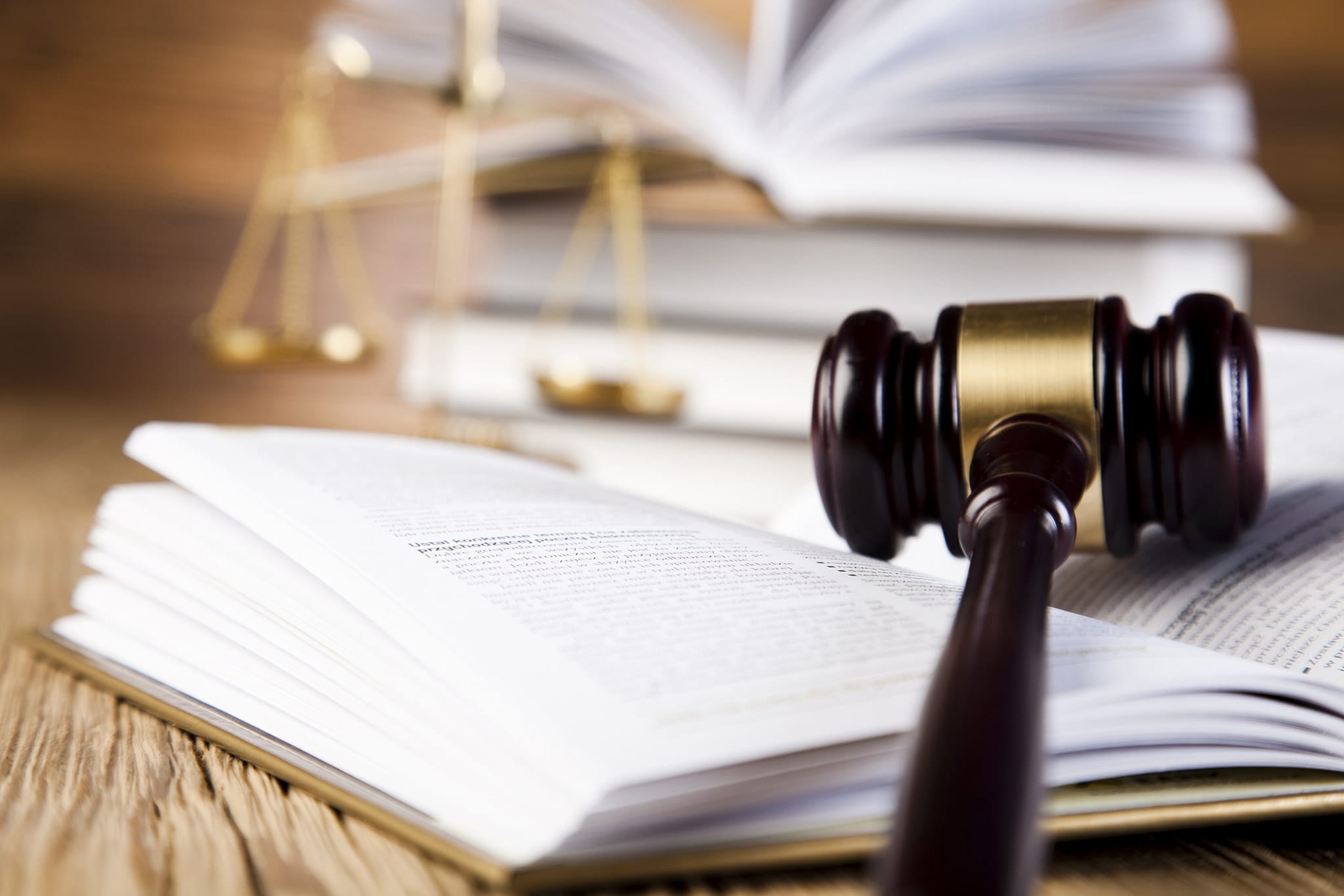Controversial Trump appointee joined liberal justices to form a 5-4 majority for the plaintiffs.
On Monday, the U.S. Supreme Court ruled that a massive antitrust class action could proceed against Apple, which is accused of monopolizing prices in its App Store.
According to National Public Radio, the 5-4 ruling was bolstered by recently-appointed Justice Brett Kavanaugh. And while the court explicitly declined to comment on the strength of the plaintiffs’ argument, the majority opted to let the class at least attempt to prove its claims.
Collectively, the class says that Apple controls and dictates the terms of offerings on its App Store. Developers are forced into sharing significant amounts of profit with the company, culminating in App Store users paying higher premiums than their Android-wielding counterparts.
NPR notes that Apple charges a 30% commission to app developers. In theory, developers then try to recoup their losses by bundling the commission into their retail offering.
Since iPhone and iPad users cannot download applications from anywhere other than the App Store—barring technological workarounds—commercial competition is stifled, ensuring prices aren’t knocked down without Apple’s say-so.

However, Apple tried to block the suit by claiming that its commission doesn’t actually set prices.
The 9th Circuit Court of Appeals had already ruled in favor of the litigants, with the Supreme Court upholding the decision Monday.
“Ever since Congress overwhelmingly passed and President Benjamin Harrison signed the Sherman Act in 1890, ‘protecting consumers from monopoly prices’ has been ‘the central concern of antitrust,’” Kavanaugh wrote on behalf of the majority.
“The consumers here,” Kavanaugh continued, “purchased apps directly from Apple, and they allege that Apple used its monopoly power over the retail apps market to charge higher-than-competitive prices.”
While Kavanaugh penned the majority opinion, the dissent was authored by Justice Neil Gorsuch—another Trump appointee, who, along with Justices Clarence Thomas, Samuel Alito and Chief Justice John Roberts, said that App Store users aren’t direct purchasers and therefore do not qualify to file an antitrust suit.
NPR reports that Gorsuch cited the ‘landmark’ ruling Illinois Brick Co. v. Illinois, concluded in 1977. There, the court had found that “an antitrust plaintiff can’t sue a defendant for overcharging someone else who might (or might not) have passed on all (or some) of the overcharge to him.”
Gorsuch argues that the majority is neglecting precedent by allowing the recipients of “passed on” cost to target its controller rather than the intermediary which actually sets prices. According to Gorsuch, antitrust litigation should only be brought by those who are truly forced to pay an overcharge—in this case, app developers.
“If the proximate cause line is no longer to be drawn at the first injured party, how far down the causal chain can a plaintiff be and still recoup damages?” Gorsuch wrote.
But Kavanaugh did address some of the minority’s concerns, noting that Illinois Brick Co. v. Illinois wasn’t meant to “bar direct-purchaser suits against monopolistic retailers who employ commissions rather than markups.”
“The plaintiffs seek to hold retailers to account if the retailers engage in unlawful anticompetitive conduct that harms consumers who purchase from those retailers,” Kavanaugh said. “That is why we have antitrust law.”
“A retailer who is both a monopolist and a monopsonist may be liable to different classes of plaintiffs,” Kavanaugh concluded.
The effects of the ruling were immediate—Apple stocks fell by about five percent on Monday, although share values have already begun recovering.
Sources
How Apple’s Supreme Court loss could change the way you buy apps
Supreme Court Allows Antitrust Lawsuit Against Apple to Proceed
Supreme Court Rules Against Apple, As Kavanaugh Sides With Liberal Justices


Join the conversation!